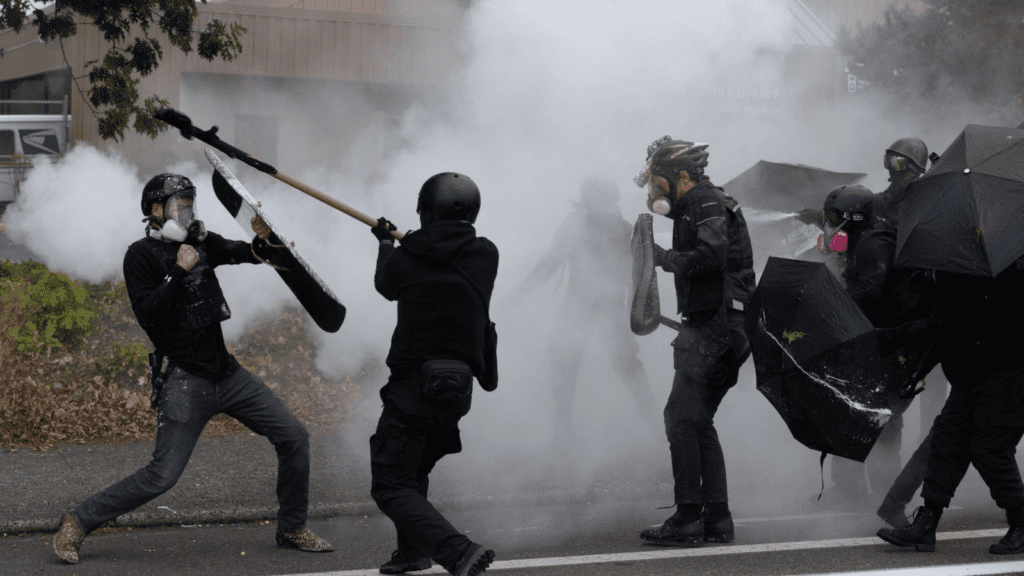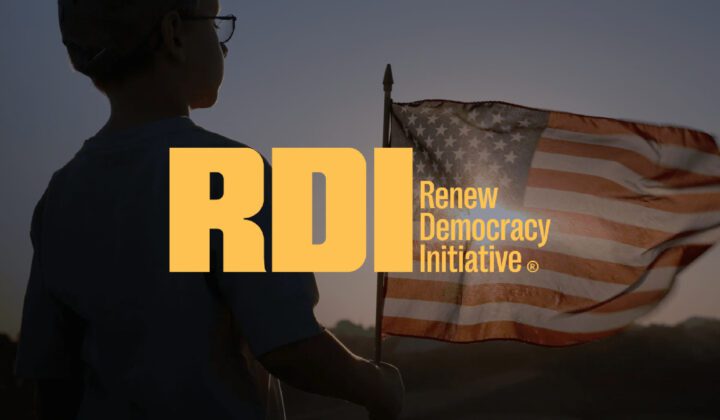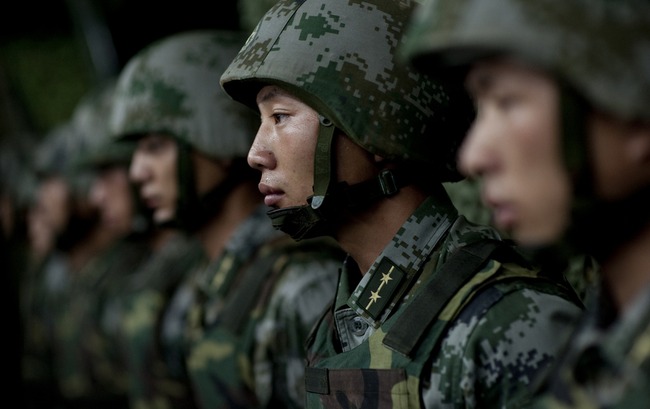On Sunday, August 22nd, the world’s attention was fixed on Kabul. It was a week since the Taliban had entered the city and President Ashraf Ghani abandoned his people. Desperate Afghans crowded the gates around Hamid Karzai Airport, hoping to secure their last chance at freedom. Those who couldn’t make it out faced dark futures. Women donned burkas, and American-collaborators left behind went into hiding. Democracy––or whatever existed of it––died, and Afghans were right to be terrified.
7,000 miles away, another conflict raged. AK-47s were exchanged for paintball guns, and grenades were traded for smoke bombs and tear gas. American irregulars faced off in their own battle, the purpose of which even the participants would struggle to explain. The Proud Boys were in Portland asking for a fight. Antifa obliged.
The Proud Boys aren’t native to Portland, but it’s a favorite vacation destination. When they roll into Stumptown in their pickups and Harleys, they know that they’re in for a good time. On August 22nd last year, they showed up with dozens of Thin Blue Line flags to “show their support” for police officers after months of Black Lives Matter protests. They also brought makeshift shields emblazoned with QAnon references and enough bear spray to tame the Alaskan wilderness. They clashed with Antifa, destroyed some cars, beat some Libs, you know––had fun. This year, they scheduled another trip to Portland for August 22 as a nod to their last tour date.
The city was well aware of the impending brawl, and Mayor Ted Wheeler spent Friday night at a virtual “Choose Love” event, where participants were encouraged to stop beating each other with homemade weapons and “choose love.” Over the past year, his response to the violence in Portland has shifted with the wind. Last summer he agreed to cut police budgets by $15 million and voted to disband the Gun Violence Reduction Team, then in March of this year, he sought $2 million in emergency funding for the police department to combat soaring gun violence.
Meanwhile, much of the force had resigned or retired in a mass exodus, including officers of color who cited being berated as racists by White protesters as a motivating factor. Portland was always a curious place to become a focal point for a racial justice movement, at once being one of the most left-leaning in the country, marred by a history of racist extremism, and, by some metrics, the Whitest city in America. While people of all backgrounds marched for racial justice last summer, Portland’s protests had a not-so-subtle tinge of White anarchists and extremists with something else in mind. Photos and videos from protests in other cities highlighted Black people’s struggle for justice. From Portland, we got the Naked Athena’s full-frontal assault on racism, fueling controversy that Portland protests had been co-opted into a “white spectacle.”
The Portland Police Bureau’s response to the unrest was hardly ideal––the Chief of Police admitted that “There were mistakes made” regarding the use of force against peaceful protesters. Now, as if in protest against the protests, they decided to sit this one out. In a widely-ridiculed post released two days before the clash, the police bureau announced that “You should not expect to see police officers standing in the middle of the crowd trying to keep people apart. People should keep themselves apart and avoid physical confrontation.” Game on, thought the radicals.
So the Proud Boys and other far-right groups arrived in Portland to celebrate what they dubbed the “Summer of Love.” They had previously announced that they were going to the downtown Waterfront Park, but in a last-minute switch headed instead to a parking lot on the outskirts of the city. Like a scorned first date, hundreds of Antifa were stood up at Waterfront Park, missing out on the fight they’d been promised.
In the parking lot, the Proud Boys rallied around speeches meandering from the “stolen” election to beating up transgender women to the January 6 Insurrection. A large banner read “Free Our Political Prisoners” in reference to those facing prosecution for their actions at the Capitol. Catching wind of the new venue, Antifa slowly made its way to the parking lot. Protesting turned to heckling which turned to brawling. Proud Boys fired paintballs at Antifa who shot fireworks back at them. The Proud Boys vandalized vehicles, flipped a van, and beat people with bats. At least one female journalist was assaulted by Antifa who threw her to the ground, sprayed her with mace, and threatened to smash journalists’ cameras. For 28 minutes the mostly-White protesters clashed in the mostly non-White community while the Portland police were nowhere to be found. The rule of law had the day off, with pre-approval from the mayor and police chief. A little while later, a far right protester fired his handgun at left-wing protesters across a downtown street while cars drove by.
Politics was America’s pastime long before baseball, but lately it’s become America’s blood sport. Gone is the slow, boring process of democracy in exchange for the thrill of a good bash. If one thing unites Antifa and the Proud Boys, it’s a shared delusion that they’re somehow saving society from an existential threat by cosplaying as soldiers and splurging on $50 cans of bear spray.
For all their self-righteousness, America’s new radicals generally ooze privilege. At least with the far right, they mostly make fine wages and live comfortable lives. They’re overwhelmingly middle class, part of the global 1%. They have enough food to eat, shelter over their heads, and live in safe communities. But a life of relative comfort isn’t necessarily fulfilling, and political radicalism offers purpose.
When the Black Lives Matter protests broke out, these radicals chose violence. It wasn’t their battle, whether they thought they were supporting the police or the protesters. In both cases, they damaged their respective sides’ reputations far more than they ever could have helped them. But they wanted to do something. They wanted their lives to have a higher purpose, and our generally slow and incremental democracy didn’t offer them an outlet.
As David Brooks astutely points out, American society is in a crisis––in some ways, an easily predicted one. Social bonds are fraying, common beliefs are disappearing, and trust in institutions is evaporating. “When people feel naked and alone,” Brooks writes, “they revert to tribe.” This is why developing institutions and a sense of community is critical to calming our political atmosphere. Against the backdrop of 21st century liberal democracy, American radicals seek out conflict in order to find meaning.
Speaking about the injustice Black Americans face and the destitution they lived in, James Baldwin wrote that “The most dangerous creation of any society is the man who has nothing to lose.” That maxim’s been applied to the poor, the downtrodden, and the hungry, but what of the privileged? Our radicals can engage in violence and eschew compromise because they know they have nothing to lose. They can sleep comfortably at night, confident that their bills are paid and their stomachs full.
There’s a lot of blame to go around for the events of August 22, not least deserving is the police leadership for its refusal to restore order and the inept mayor for deciding days in advance that he’d do nothing except watch. But the obvious offenders remain the entitled Proud Boys and Antifa, living out their fantasies as the foot soldiers of freedom when everyone would be better off if they just went home. Democracies have floundered for a lot of reasons, but our boredom with the status quo might be the stupidest cause yet.





